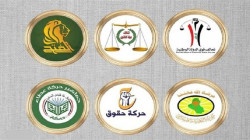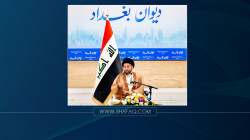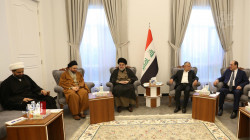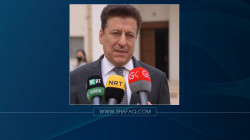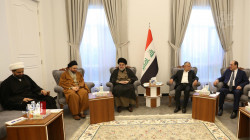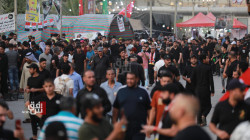Fears of violent escalation as Iraq's political deadlock deepens
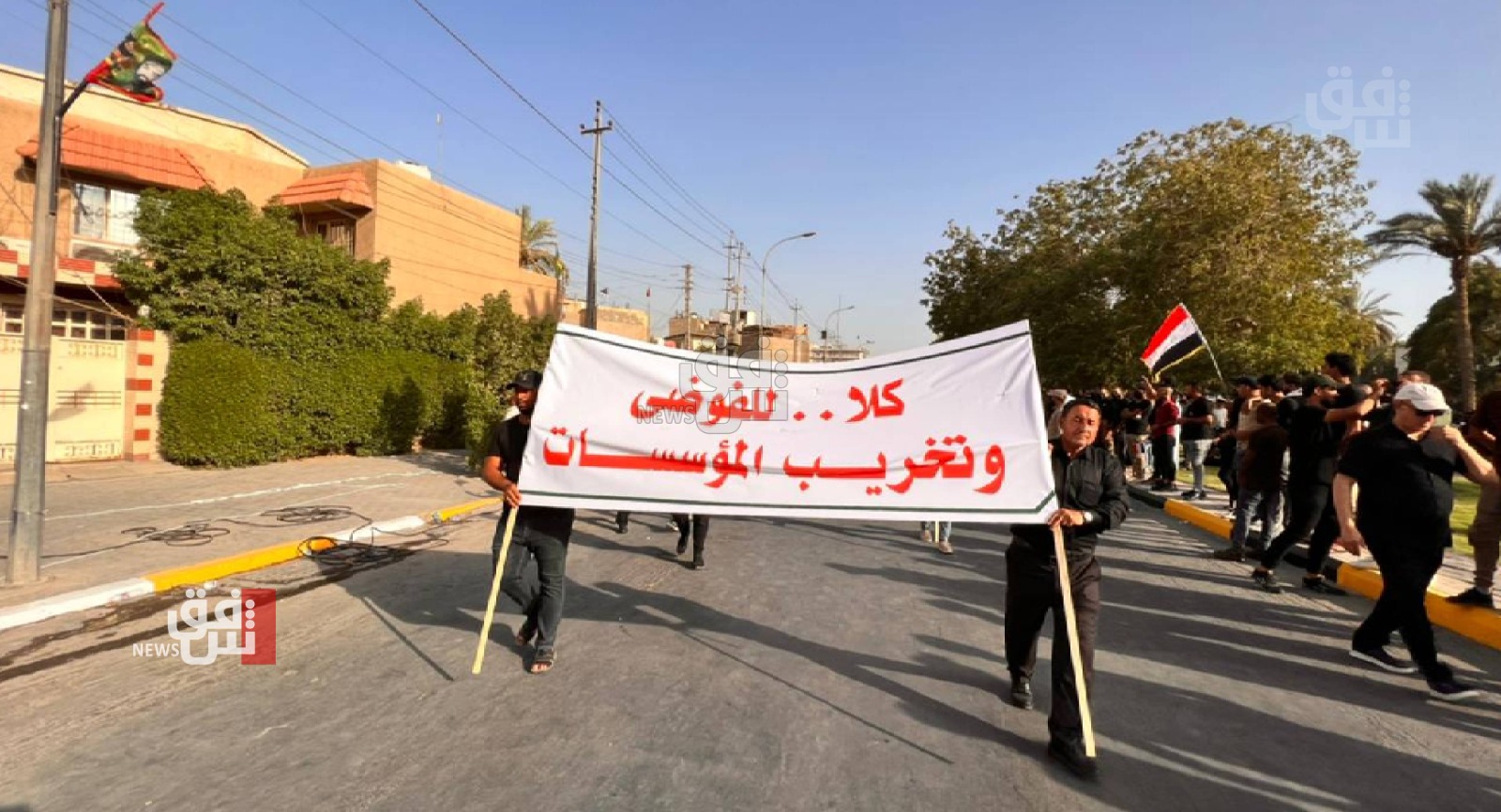
Shafaq News/ The deep political deadlock in Iraq has entered its 10th month with no solution in sight and fears there could be a violent escalation.
Why it matters: Many are concerned the political crisis — the longest in Iraq since the 2003 U.S.-led invasion that toppled Saddam Hussein — will lead to a flare-up of armed conflict on the streets between supporters of the different parties.
A civil war in Iraq could lead to a larger conflict in the region with neighboring countries weighing in.
State of play: Iraq held early elections in October 2021 in response to a nationwide, pro-reform protest movement that began in late 2019.
Since the vote, a political deadlock, mainly among Shiite parties, has prevented the formation of a new government.
Last October's elections made Shiite cleric Muqtada al-Sadr's Sadrist movement the largest bloc in Parliament.
His rivals — the Coordination Framework grouping of Shiite parties, which includes Iran-backed former Prime Minister Nouri al-Maliki — have thwarted al-Sadr’s efforts to form a coalition government with leading Sunni and Kurdish parties.
The Framework, for example, has been able to prevent enough MPs from attending parliament to vote on forming a new government.
Al-Sadr has ordered his own MPs to resign and blocked the Framework from nominating its own prime minister.
Both camps, which command heavily armed militias, also organized protests in the capital Baghdad in recent weeks.
Between the lines: Iraq’s oil wealth — with foreign currency reserves expected to surge to $90 billion by the end of the year — has not translated into an improved economic situation for many Iraqis.
Al-Sadr has capitalized on the anger and frustration felt by Iraqis, casting himself as a nationalist bulwark against foreign interests, particularly Tehran’s influence.
Driving the news: Outgoing Prime Minister Mustafa al-Kadhimi hosted a national dialogue last week that the Sadrist movement refused to take part in, though most other major groups did, as well as the UN envoy to Iraq.
Al-Sadr has demanded the country's judiciary dissolve Parliament, but this has been rejected.
Al-Sadr’s followers protested outside the Supreme Judiciary Council in Baghdad's Green Zone yesterday, escalating the situation.
The council responded by closing down all courts across the country for a day. A Baghdad court has also issued arrest warrants against three Sadrist leaders for “threatening the judiciary."
The big picture: Egypt, Jordan, Saudi Arabia and the UAE have sought closer ties with Baghdad in recent years.
Iraq has been leading wider stability efforts, mainly between Saudi Arabia and Iran.
What to watch: Holding early elections as a way to end the crisis was not ruled out during last week's national dialogue meeting, but it is not clear how this can happen amid the current deadlock.
According to the Iraqi constitution, only Parliament can call early elections.
The Supreme Federal Court, however, is also looking into a separate lawsuit calling for the dissolution of Parliament, with a ruling expected next week.
Source: Axios
